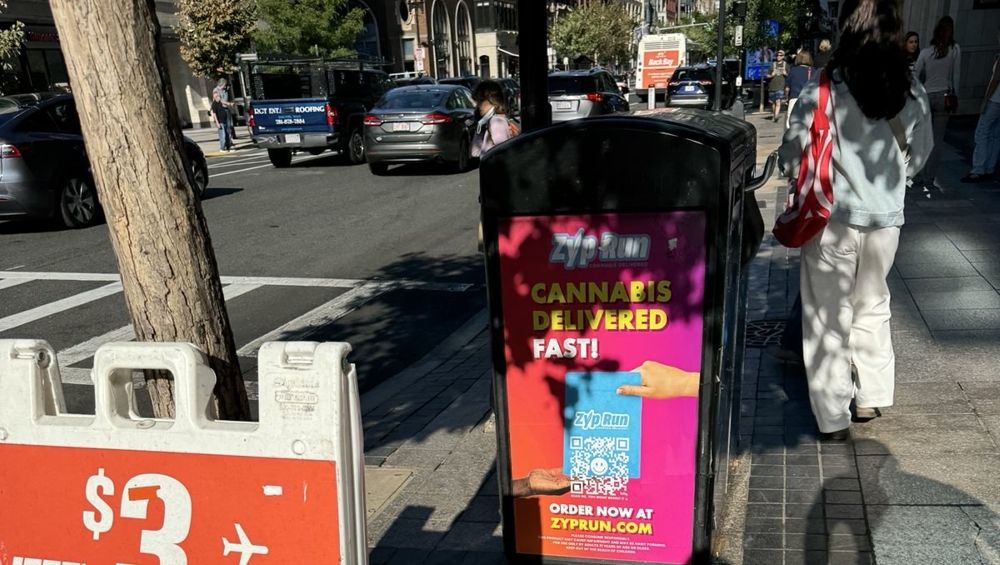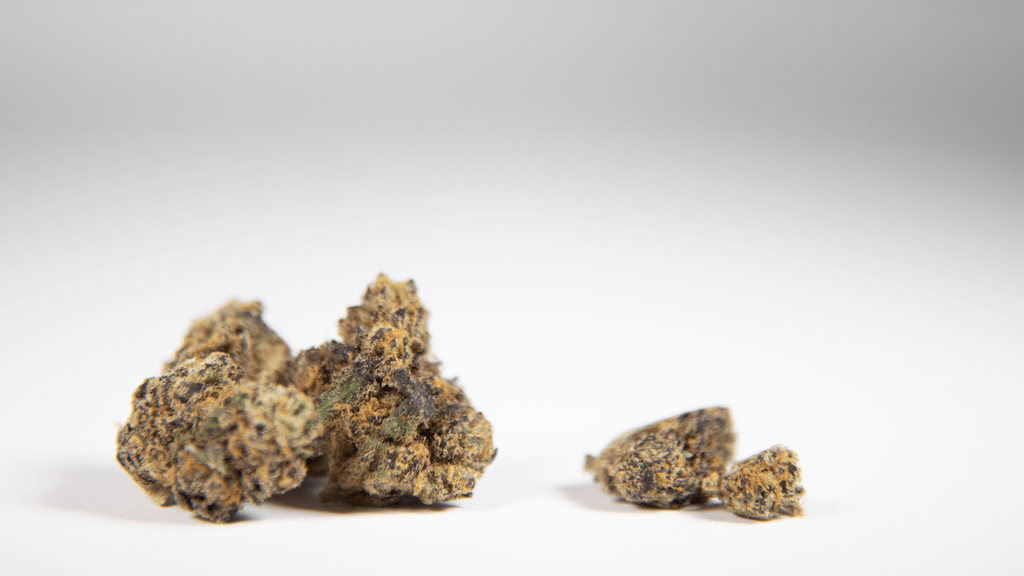Boston’s cannabis distributors are well-versed not just in compliance but in crisis preparedness—especially when Mother Nature unleashes a storm. From safeguarding inventory to rerouting deliveries and ensuring employee safety, these companies have detailed protocols to protect their product, their people, and their business during severe weather.
Emergency Operations and Continuity Planning
Operations managers and compliance teams don’t wait for the snow to fall before putting plans into action. Every licensed cannabis distributor in Massachusetts is required to maintain robust emergency operations and continuity of operations (COOP) plans. These plans spell out clear communication procedures for staff and customers, backup power options, evacuation routes, and more. When a storm is on the way, they test these plans, send updates to all team members, and prepare for potential shutdowns. Staff participate in regular emergency drills to make sure everyone knows their role before a crisis happens.
Secure Inventory and Climate Control
Severe weather in Boston—whether summer hurricanes or winter nor’easters—can cause power outages, which is especially problematic for cannabis. Storage areas need precise temperature and humidity control to preserve quality. That’s why distributors often have backup generators and uninterruptible power supplies to keep these systems running. Even during power failures, these safeguards help them comply with strict inventory requirements while protecting their perishable products.
Safe Transport and Delivery Procedures
During inclement weather, cannabis distributors tighten their transport protocols. Delivery vehicles equipped with GPS and real-time communication allow dispatchers to monitor routes and adjust for hazards like flooding or icy roads. If conditions worsen, shipments may be delayed or rerouted to ensure driver safety and prevent product loss. Some companies even schedule extra drivers to cover canceled routes once conditions improve, so customers still receive their orders as quickly as possible.
Employee Safety Comes First
Employee safety is a top priority during storms. Dispatch centers track the latest weather forecasts and issue instructions to drivers and warehouse teams as conditions change. Distributors often adjust shift schedules or send employees home early if travel conditions deteriorate. Walkways and parking lots around facilities are also kept clear of ice and snow, so everyone can come and go without incident.
Regulatory Reporting and Records
When deliveries are postponed or storage conditions fluctuate due to severe weather, Massachusetts regulations require detailed records of what happened and why. Compliance teams make sure these reports are completed carefully and thoroughly so that state inspectors can easily verify that proper protocols were followed. This kind of recordkeeping protects businesses and their license status, especially when extreme weather interrupts normal procedures.
Backup Supplier and Delivery Networks
Partnerships between distributors and other cannabis licensees can also help buffer the impact of a storm. If one facility becomes inaccessible or cannot meet demand due to a weather event, they often have COOP agreements in place with nearby licensees. That way, critical deliveries can still happen through an alternate distributor, preventing disruptions to customers or patients who rely on cannabis products.
In Review
While Boston’s weather can be unpredictable, its cannabis distributors take planning seriously. From backup power and vehicle safety to employee protocols and thorough compliance reporting, they do everything they can to protect their people, their products, and their businesses. By investing in weather-ready procedures long before a storm hits, these companies show that cannabis distribution can stay safe and reliable no matter what the forecast throws at them.




